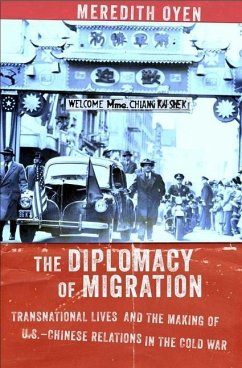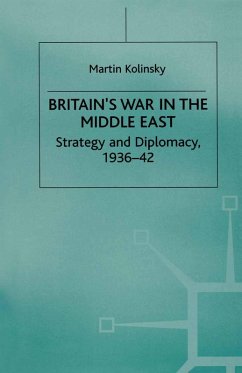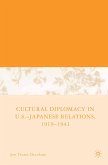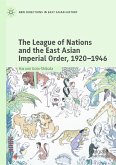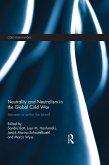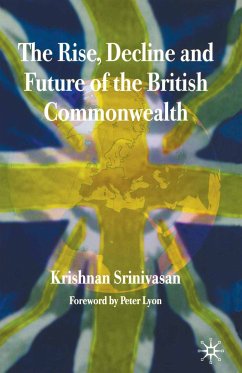During the Cold War, both Chinese and American officials employed a wide range of migration policies and practices to pursue legitimacy, security, and prestige. They focused on allowing or restricting immigration, assigning refugee status, facilitating student exchanges, and enforcing deportations. The Diplomacy of Migration focuses on the role these practices played in the relationship between the United States and the Republic of China both before and after the move to Taiwan. Meredith Oyen identifies three patterns of migration diplomacy: migration legislation as a tool to achieve foreign policy goals, migrants as subjects of diplomacy and propaganda, and migration controls that shaped the Chinese American community.Using sources from diplomatic and governmental archives in the United States, the Republic of China on Taiwan, the People's Republic of China, and the United Kingdom, Oyen applies a truly transnational perspective. The Diplomacy of Migration combines important innovations in the field of diplomatic history with new international trends in migration history to show that even though migration issues were often considered "e;low stakes"e; or "e;low risk"e; by foreign policy professionals concerned with Cold War politics and the nuclear age, they were neither "e;no risk"e; nor unimportant to larger goals. Instead, migration diplomacy became a means of facilitating other foreign policy priorities, even when doing so came at great cost for migrants themselves.
Dieser Download kann aus rechtlichen Gründen nur mit Rechnungsadresse in A, B, BG, CY, CZ, D, DK, EW, E, FIN, F, GR, HR, H, IRL, I, LT, L, LR, M, NL, PL, P, R, S, SLO, SK ausgeliefert werden.

